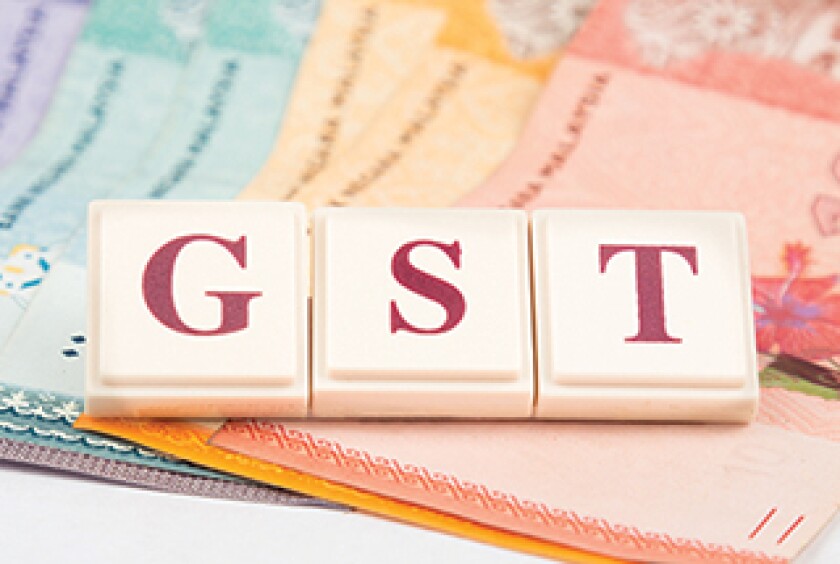
|

|
|
Rakesh Dharawat |
Hariharan Gangadharan |
India is gearing towards the introduction of a goods and services tax (GST), a destination-based consumption tax, replacing several central and state taxes. The introduction of GST is seen as an eagerly awaited transformational change to the indirect tax landscape in the country which subsumes a variety of taxes currently being levied at the central and state levels.
While legislation to give effect to the GST moves through parliament and state legislatures, draft reports on processes for registration, payment and refunds have been released and suggestions have been invited from trade and industry. Given the transformative nature of this reform, and the several challenges anticipated in the transition process, a consultative approach on the key aspects will go a long way in assuaging taxpayer concerns.
It is expected that these draft reports and the suggestions received from stakeholders will form the basis of a guidance note for the purpose of drafting GST laws. This consultation process will be critical in ensuring that concerns surrounding the practical operation of GST at ground level are highlighted and addressed.
Bombay High Court rules in favour of Vodafone in its $1.3 billion transfer pricing dispute
The Bombay High Court set aside the order of the Income-tax Appellate Tribunal (ITAT) which had upheld a transfer pricing adjustment of approximately $1.3 billion against Vodafone India Services Pvt. Ltd. The adjustment pertained to the year 2007-2008 and related to the applicability of transfer pricing provisions to an alleged transfer of call options and the sale of a call centre business. The High Court relied on the findings of the Supreme Court in the case of Vodafone International Holdings BV (in relation to the indirect transfer of downstream Indian companies to it by the Hutchison group) and concluded that there was in fact no transfer of the call options. Accordingly, it ruled that the question of applying transfer pricing provisions did not arise. The High Court also set aside the adjustment made in relation to the sale of the call centre business.
While this decision is based on the somewhat specific facts of this case, it will nonetheless contribute to India's jurisprudence on transfer pricing matters. The government has indicated that a decision on whether to appeal to the Supreme Court will be taken after studying the High Court's judgment.
Applicability of minimum alternate tax (MAT) to foreign companies – Supreme Court disposes of Castleton's appeal
The Supreme Court disposed of the appeal filed by Castleton Investment Limited against the order of the Authority for Advance Rulings (AAR) holding that MAT would apply to foreign companies. Last month, the government had issued a press release stating that MAT would not apply to foreign companies unless they had a permanent establishment (PE) or place of business in India. It had also stated that necessary amendments to the Income-tax Act to give effect to this position would be introduced. Based on a statement by the Attorney General that the government would abide by the decision announced vide the press release, the Supreme Court disposed of the appeal. While the text of the proposed amendment and the timing thereof are not yet known, the disposal of the Castleton case based on the government's decision will hopefully bring a satisfactory conclusion to this controversial issue.
Rakesh Dharawat (rakesh.dharawat@dhruvaadvisors.com) and Hariharan Gangadharan (hariharan.gangadharan@dhruvaadvisors.com)
Dhruva Advisors
Tel: +91 2261081000
Website: www.dhruvaadvisors.com













